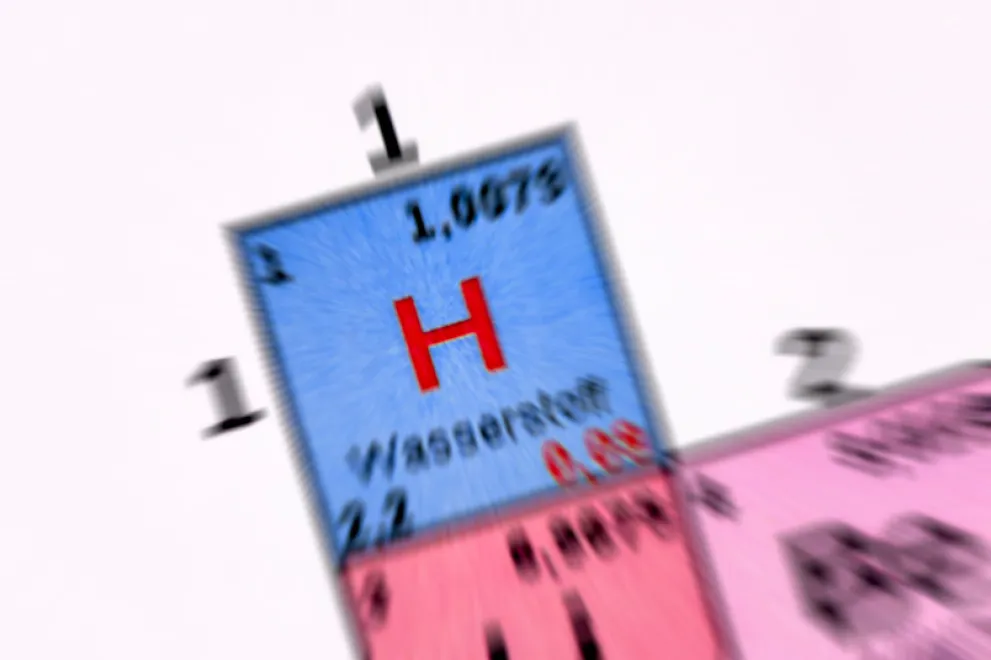Since 2006, Professor Roland Span is Head of the Chair of Thermodynamics at Ruhr University.

ERC Advanced Grant 2022
Laying the Foundations for Hydrogen Economy
In order to get hydrogen into widespread use as an energy carrier, it is necessary to scale up production processes. In the ERC project ThermoProphy, Roland Span wants to conduct the required basic research.
Hydrogen plays an important role in all concepts for reducing CO2 emissions. We know in principle how it can be produced and liquefied for transport – but these processes must be implemented on a much larger scale if hydrogen is to become the basis of a future global energy market. To date, fundamental research is still lacking. In his ERC project "Thermodynamic Properties for Hydrogen Liquefaction and Processing" Professor Roland Span is developing material data models that accurately describe the properties of hydrogen under various conditions and, for example, form the basis for simulations of liquefaction plants.
Unlike other substances, however, hydrogen has so far been insufficiently measured. This is because highly accurate methods for measuring thermodynamic properties developed since the 1980s can’t yet be applied at temperatures as low as those that are characteristic of liquid hydrogen. Calculations of the properties of hydrogen are therefore fraught with uncertainties up to ten times greater than those of methane or nitrogen, for example.
In industrial applications it is important to know exactly the density and the speed at which sound propagates in hydrogen – even at very low temperatures. The density must be known, for example, in order to correctly determine and calculate the amount of hydrogen consumed. The speed of sound is an interesting factor, because flow rates can be measured precisely with acoustic methods. In addition, exact measured values for density and sound velocity also constitute the basis for the development of property models, from which all other thermodynamic properties can then be calculated. These properties are needed to optimize the design of technical plants. This is why the Bochum researchers aim to measure density and sound velocity down to a temperature of about 14 Kelvin, i.e. far below the limits of the temperature range that has been accessible with high precision to date.
The grant is endowed with 2.5 million euros. The project starts in October 2022.
